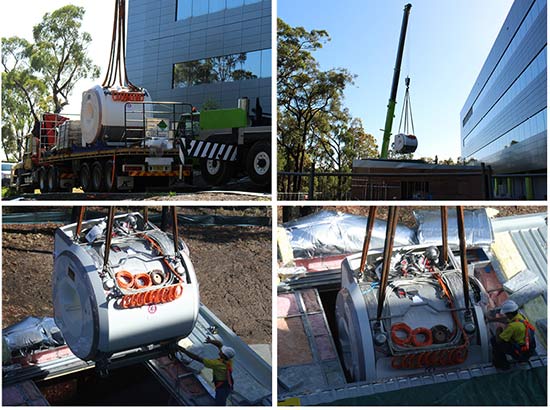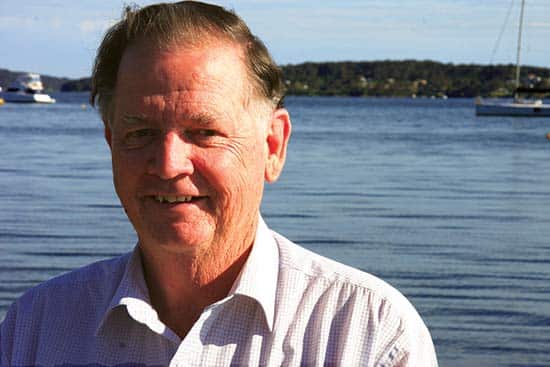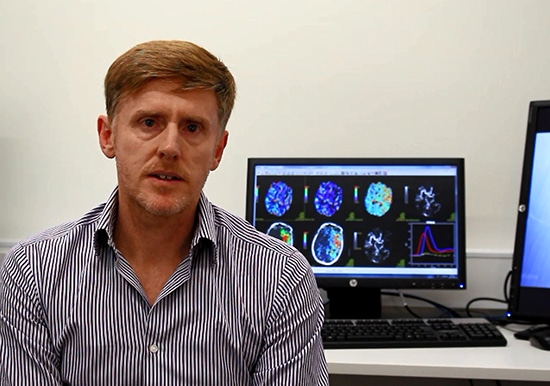Building work on the Hunter Medical Research Institute’s new Magnetic Resonance Imaging (MRI) centre has reached a pivotal milestone, with technicians lowering the new scanner into place.
Author: Marlin Admin
Respiratory researchers honoured on record Awards Night
Respiratory researcher Professor Phil Hansbro won the prestigious 2013 Award for Research Excellence tonight as more than $1.4 million in grant funding was awarded and acknowledged in the Hunter Medical Research Institute’s 2013 Awards Night.
Study shows 80% of pregnant women imbibing alcohol
Research from the Australian Longitudinal Study on Women’s Health (ALSWH) has revealed that eight in ten expectant mothers consume alcohol during their pregnancy.
Hunter trials for melanoma and MS drugs spur PBS listing
Clinical research trials involving patients from the Hunter Region have helped get medications for melanoma and Multiple Sclerosis (MS) listed on the Pharmaceutical Benefits Scheme (PBS) from December 1.
Battle of the clot-busters in international stroke trial
An HMRI stroke drug trial that yielded rapid treatment benefits for patients is being expanded nationally and internationally from today, with new funding support from the National Heart Foundation of Australia.
Hunter-led advances in acute stroke care will change clinical practice
Our Hunter-led, Australian collaborative has made two recent advances that hold promise for a global transformation in acute stroke care.
Recognition for exceptional service to the cause
Hunter business identities, researchers and academics who have supported the Hunter Medical Research Institute (HMRI) beyond the call of duty were recognised at an Exceptional Service presentation on Tuesday night.
Sleep shortage linked to type 2 diabetes risk
Getting less than six hours sleep each night (compared to seven hours) may increase type 2 diabetes risk by 30 per cent but has less impact on heart disease than previously thought, researchers from the University of Newcastle have found.
Drug halves breast cancer recurrence in high risk women
Taking the breast cancer drug Anastrozole for five years reduced the chances of postmenopausal women at high risk of breast cancer developing the disease by 53 per cent compared with women who took a placebo, according to a study published in The Lancet today.
Feature: Faith, hope & charity
As a fifth-generation Hunter Valley miner, mine manager and owner, Allan Davies knows the value of digging – whether that’s for coal, gold or medical knowledge.













